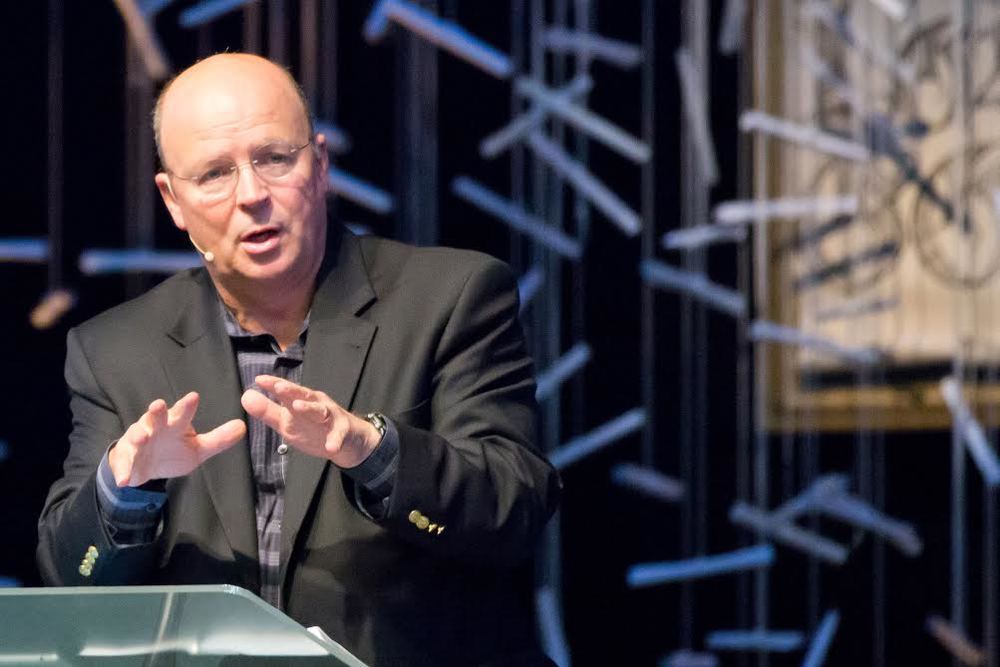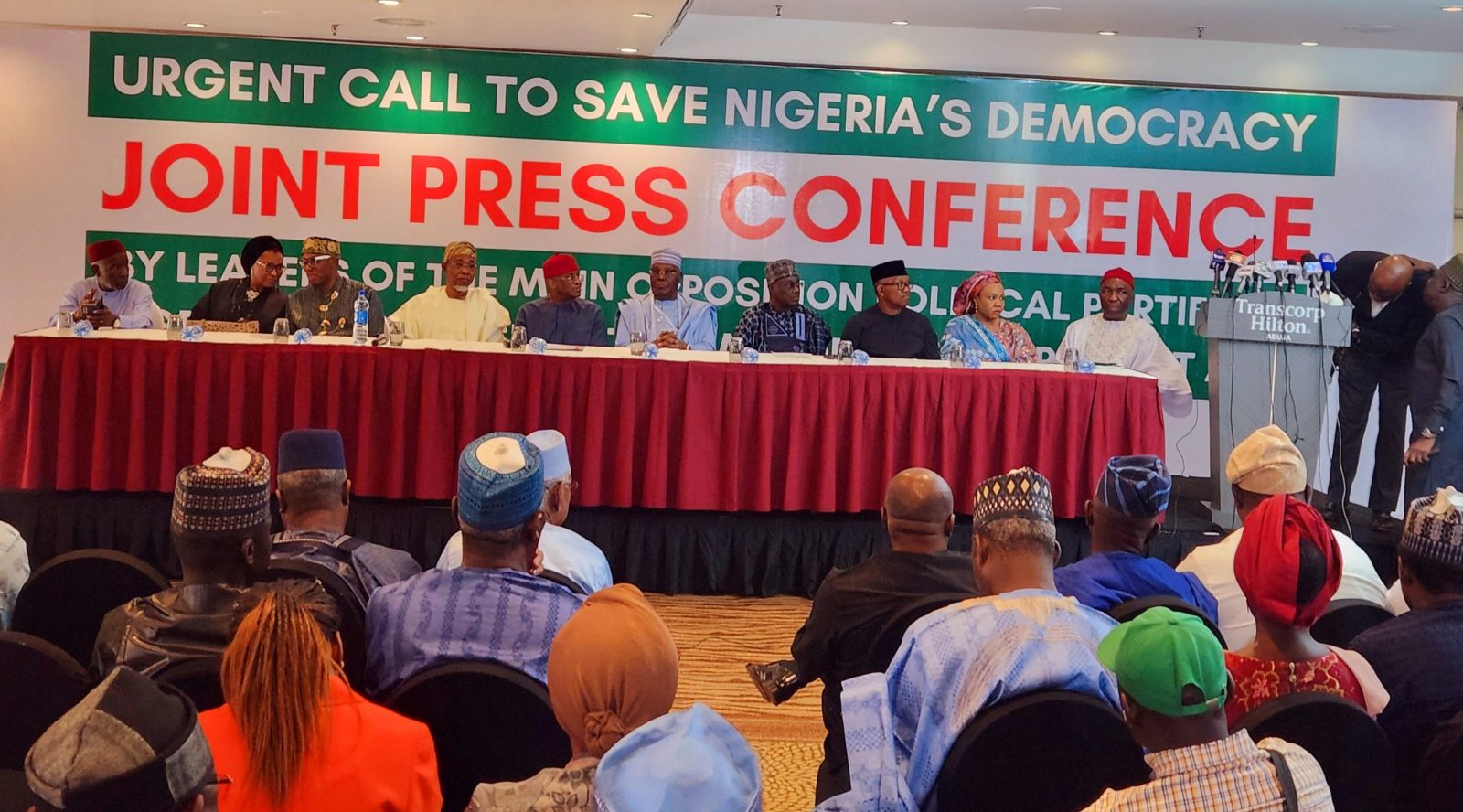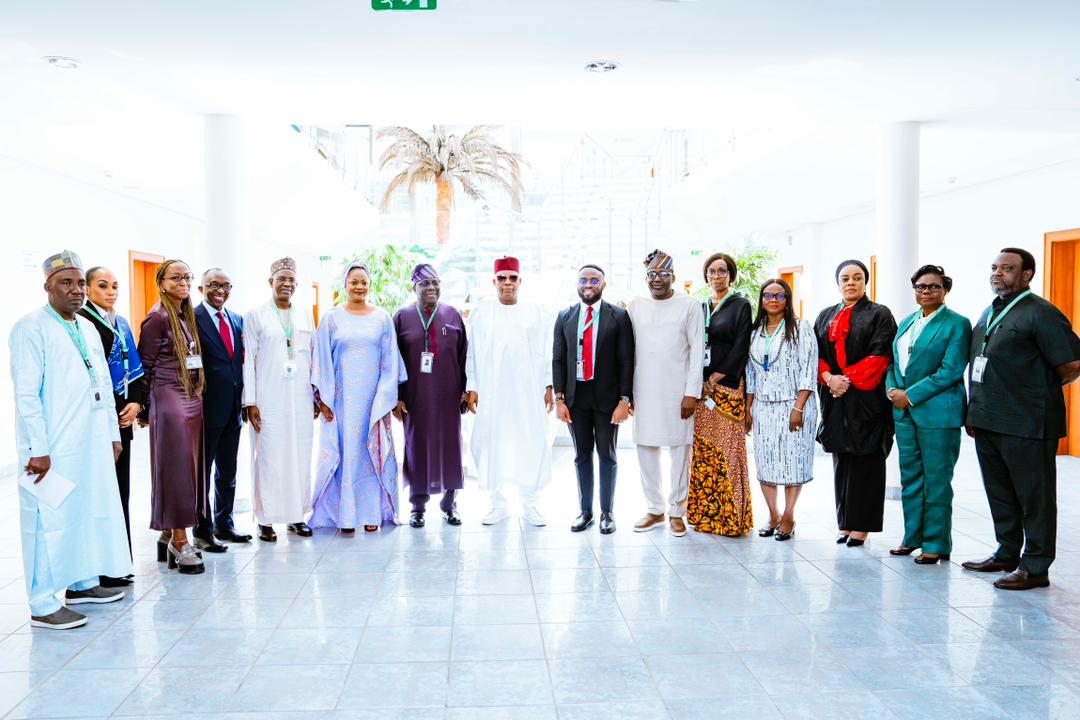A New Testament scholar is tackling a subject that has confounded sincere Christians across the ages: the identity and function of the third Person of the Trinity, the Holy Spirit.
Scot McKnight, 64, who’s a professor of New Testament at Northern Seminary in Lisle, Illinois, maintains that many Christians in the West remain closed to the Spirit and are hampered by fear when it comes to relating to Him and tapping into His power.
In an interview with The Christian Post, McKnight offered three reasons why many believers in Jesus miss it regarding the Holy Spirit: a lack of education, lack of experience, and fear. His latest book, Open to The Spirit: God in Us, God With Us, God Transforming Us, which was released last month, explores over a dozen scriptural themes pertaining to the Holy Spirit, particularly how He is at work in the world today.
“In the Church there is a broad ignorance, a lack of knowledge about what the Bible says about the Holy Spirit or the importance of the Holy Spirit,” McKnight said when asked to comment on the joke some make when they refer to their church as being a “Father, Son, and Holy Bible” kind of place.
Unfortunately, the frame of reference for many Christians regarding the Holy Spirit is informed by strange individuals they might have encountered in their life who have claimed odd things about the Holy Ghost or goofy phenomena they have observed on Christian television, he explained. Such experiences make people extra cautious, but that heavy cautiousness often results in a “let’s not talk about it” kind of approach and the Holy Spirit winds up almost forgotten entirely, he said.
“And the fear is that if we surrender to the Spirit we lose control. And if we lose control, who knows what might happen? Well, a couple things come to mind: we might be sanctified, we might grow holy. We might have to walk away from our treasured and precious little sins.”
“If we surrender to the Spirit then we are no longer in control of our life and we have to listen to the Spirit guiding us.”
Fear of things becoming weird when the Spirit moves in a group setting, such as someone speaking in tongues or receiving a prophetic utterance, also causes many to worry, he added.
“A lot of people are very uncomfortable with these sorts of things. They’d rather go to church and sing a couple songs, hear a good sermon based on the Bible, sing another song, clap their hands, and go home. But the idea that God, the Holy Spirit, might break in and our schedule be interrupted or extended can be fearful to many people.”
McKnight unpacks in Chapter 6 one of the most important functions of the Holy Spirit — that He intercedes for us and through us. And he believes the Spirit does this more often than most realize.
This deep groaning is a profound yearning, an “aching for goodness, justice, righteousness, love, peace, reconciliation … for all of creation to be liberated to bring glory to God,” he elaborated.
“And because this groaning is sort of a witness of the presence of the Spirit of God in our lives, I think we end up praying a lot more than we think we do.”
“In our desires for what is right, in our hopes and expectations, in our longings, we are actually praying, rather, the Spirit is praying through us and in us.”
Christians need not be too hard on themselves if during their prayers their mind wanders off into daydreaming, he said.
Much of the misunderstanding in the Church and the resistance to openness to the Holy Spirit stems from language and colloquial lingo, words and phrases that are often not explicitly biblical but some, namely Pentecostals and charismatics, nevertheless use to describe Him and other spiritual things.
McKnight stressed that it’s important to distinguish between what the Bible actually says with its words and the need to use the terms the way they are used in the text, while recognizing that, at times, in our theological development and intent to clarify “we tend to use terms to take on their own meaning and then they start to become technical.”
What is sometimes referred to within Pentecostalism as the “baptism of the Holy Spirit,” for instance, is one such phrase that confuses many Christians. This phrase is often employed to describe a subsequent experience or filling of the Spirit after coming to Christ and after water baptism, which in the Christian faith is done in the name of the Father, Son, and the Holy Spirit.
“I think to use [baptism] for that is OK. That’s fine, it’s the way people talk. But it’s not really what the New Testament means by baptism, but at the same time we know of experiences like this by people,” he said, adding that he has personally encountered God in this way.
“It completely redirected everything about my orientation in life and what I would do,” he explained, “it was nothing less than a Spirit-drenching experience.”
He called this encounter with God a “filling” of the Spirit instead of a “baptism” of the Spirit, but noted that his grandmother would have labeled it as such had he spoken in tongues.
“So we ought to be careful and cautious in the terms we use,” he reiterated.
“What people describe by baptism in the Spirit, to me, is largely confirmed by experience. People know this. We know that this is the way people experience the Spirit. It’s subsequent to conversion and it’s filling and it’s life-transforming serum. And so I think we just need to admit that and say, ‘God works in His own ways in different people’s lives and people are open to the Spirit in different times in their lives.’ And when they are, the Spirit can come rushing in and make huge changes in people’s lives.”
People in the West, American and Europeans alike, live in what author Charles Kraft called a “closed universe,” McKnight explained.
“We live in a world that is empirical, materialistic, that if it’s not scientific or demonstrable — we can’t touch it, see it, feel it, eat it — then it’s not real.”
In the minds of many Westerners, then, especially within certain strains of secularism, the “real” is largely confined to the material, but those mindsets are present in the church, too, he pointed out. Meanwhile, the vast majority of the global population lives in an “open” universe; people who have no philosophical objections to the spirit realm, who have no issues whatsoever with spiritual things being “real.”
“So [Westerners] have to work hard at being open to an ‘open’ universe,” he emphasized.
The reasoning that exists within the cessationist camp in the Church — those who believe the gifts of the Spirit like healing, tongues, and prophecy are no longer active because they ceased with the death of the last Apostle — is that if you just let charismatics and others who are open to the Spirit go they will start creating bad ideas, a fear supported by the bizarre antics and weird teachings of televangelists, he explained, though he did not mention anyone specifically.
“Now, it is the case that if you study the history of theology that some of the craziest ideas come from the people who are most open to the Spirit, so we have to recognize for a variety of reasons why people have bad theology,” McKnight acknowledged.
Most importantly, McKnight stressed that he hopes readers pray the prayer of invocation that he wrote in Open to The Spirit, and that his book encourages people to become more open to His presence.
“When we read Scripture I don’t think we should end by asking the Spirit to apply it to our lives. But we need to become alert to the reality that anytime we are looking at Scripture, reading Scripture, thinking about Scripture, the Spirit of God is at work. Because the Spirit who inspired that Scripture, who created that Scripture, is alive and well and at work any time we get near it.”
























Leave a comment